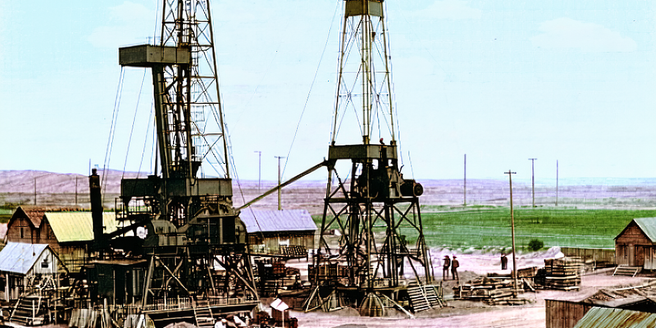
Historical Roots of Climate Skepticism
Climate skepticism has its roots in historical scientific debates as well as political and economic interests. In the 19th and early 20th centuries, scientific disagreements about the causes and effects of climate change created a foundation for skepticism. Industrialization brought economic growth, and industries dependent on fossil fuels resisted acknowledging climate issues, fearing economic repercussions. As a result, a complex interplay between innovation and environmental concern began to emerge. Over time, these groups supported research that contradicted mainstream scientific consensus, further strengthening skepticism. This skepticism is reinforced by historical events where predictions about climate change impacts did not immediately occur or remain debated among scientists. As these historical roots mingled with persistent economic interests, climate skepticism became more entrenched, impacting public policy and opinion adversely.
Economic Interests and Climate Debate
Economic interests play a significant role in the climate debate. Fossil fuel industries have historically invested in lobbying efforts to influence climate policies favorably, ensuring continued profits. These sectors might support research that questions the severity or legitimacy of climate change, creating doubt about scientific consensus. Moreover, industries tied to traditional energy sources, like coal or oil, fear regulations that could impact their revenues, leading to resistance against environmental policies. The influence of these industries extends beyond policy-making to shape media narratives as well. As a result, the economics surrounding these industries shape public perception and debate by financing campaigns that promote skepticism or misinformation. The intertwining of economic power and policy-making complicates efforts to address climate change effectively.
Media Influence on Public Perception
The media plays a pivotal role in shaping public perception of climate change. Often, media outlets strive for balance by presenting both sides of a story, inadvertently giving disproportionate weight to skeptical views that lack scientific backing. This approach can undermine the urgency of addressing climate change. This can lead to confusion among the public about the consensus on climate change. Further, sensationalist reporting and headlines focusing on uncertainty or controversy also contribute to skewed perceptions. Some media outlets are influenced by ownership or advertising ties to industries that benefit from public skepticism. As a result, the representation of climate change issues can be biased or misleading, affecting public understanding and policy support critically.
Scientific Misunderstandings and Mistrust
Scientific misunderstandings and mistrust contribute to climate skepticism as well. Many people lack a comprehensive understanding of climate science, leading to misinterpretations and doubts about its validity. Complex scientific data and models are often oversimplified, resulting in misleading conclusions. Education systems need to emphasize accurate and effective science communication to address this gap. Engaging the public with clear and relatable information could help bridge the gap between complex science and everyday understanding. Additionally, the perceived uncertainty in scientific findings, which are often misreported or taken out of context, can breed skepticism. The scientific community’s occasional retractions or corrections are sometimes viewed as evidence of unreliability. Coupled with a general mistrust in experts or institutions, these factors fuel skepticism, challenging efforts to convey the critical nature of climate change.
Political Agendas and Climate Policies
Political agendas significantly influence climate policies and public perception of climate change. Different political ideologies prioritize economic growth, environmental conservation, and energy independence to varying degrees, affecting their stance on climate action. As debates continue, the role of misinformation cannot be underestimated in shaping public views. The intersection of political and scientific discourse further complicates consensus on climate issues. Policies aimed at reducing emissions can clash with political objectives tied to economic growth or energy resource management. Political entities may downplay climate change risks or promote skepticism to align with the interests of supporters who might be affected by policy changes. Consequently, political polarization prevents consensus on climate action, stalling legislative efforts and creating confusion about the urgency or reality of climate challenges.
